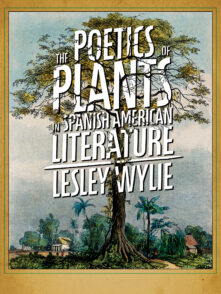Books
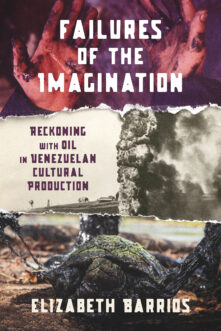
Failures of the Imagination
Reckoning with Oil in Venezuelan Cultural Production
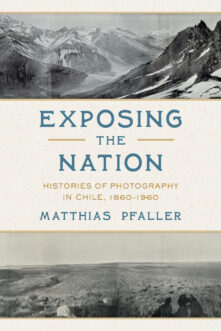
Exposing the Nation
Histories of Photography in Chile, 1860–1960
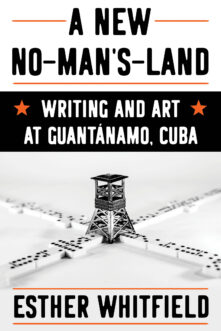
A New No-Man’s-Land
Writing and Art at Guantánamo, Cuba
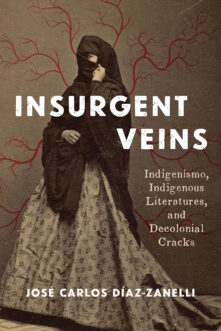
Insurgent Veins
Indigenismo, Indigenous Literatures, and Decolonial Cracks
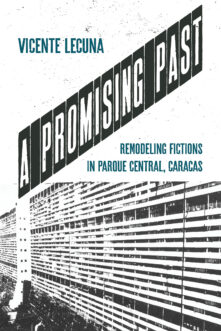
A Promising Past
Remodeling Fictions in Parque Central, Caracas
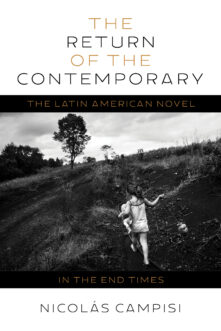
The Return of the Contemporary
The Latin American Novel in the End Times
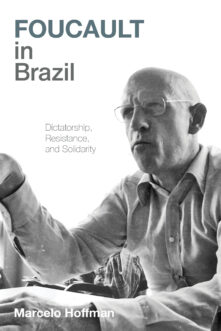
Foucault in Brazil
Dictatorship, Resistance, and Solidarity
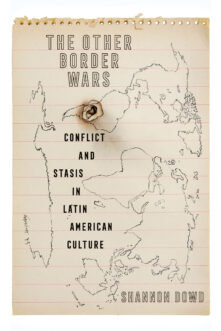
The Other Border Wars
Conflict and Stasis in Latin American Culture
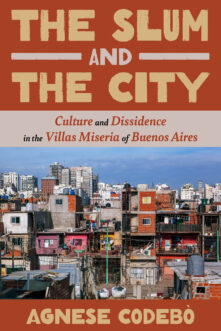
The Slum and the City
Culture and Dissidence in the Villas Miseria of Buenos Aires
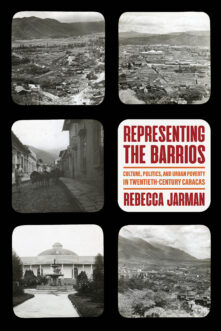
Representing the Barrios
Culture, Politics, and Urban Poverty in Twentieth-Century Caracas
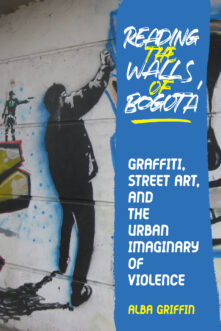
Reading the Walls of Bogotá
Graffiti, Street Art, and the Urban Imaginary of Violence
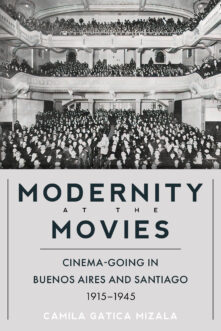
Modernity at the Movies
Cinema-going in Buenos Aires and Santiago, 1915-1945
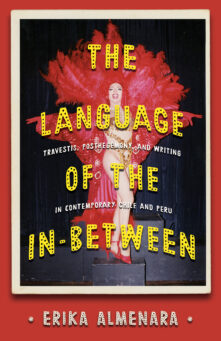
The Language of the In-Between
Travestis, Post-hegemony, and Writing in Contemporary Chile and Peru
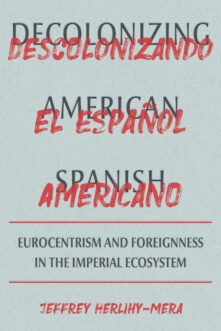
Decolonizing American Spanish
Eurocentrism and Foreignness in the Imperial Ecosystem
Total 63 results found.


